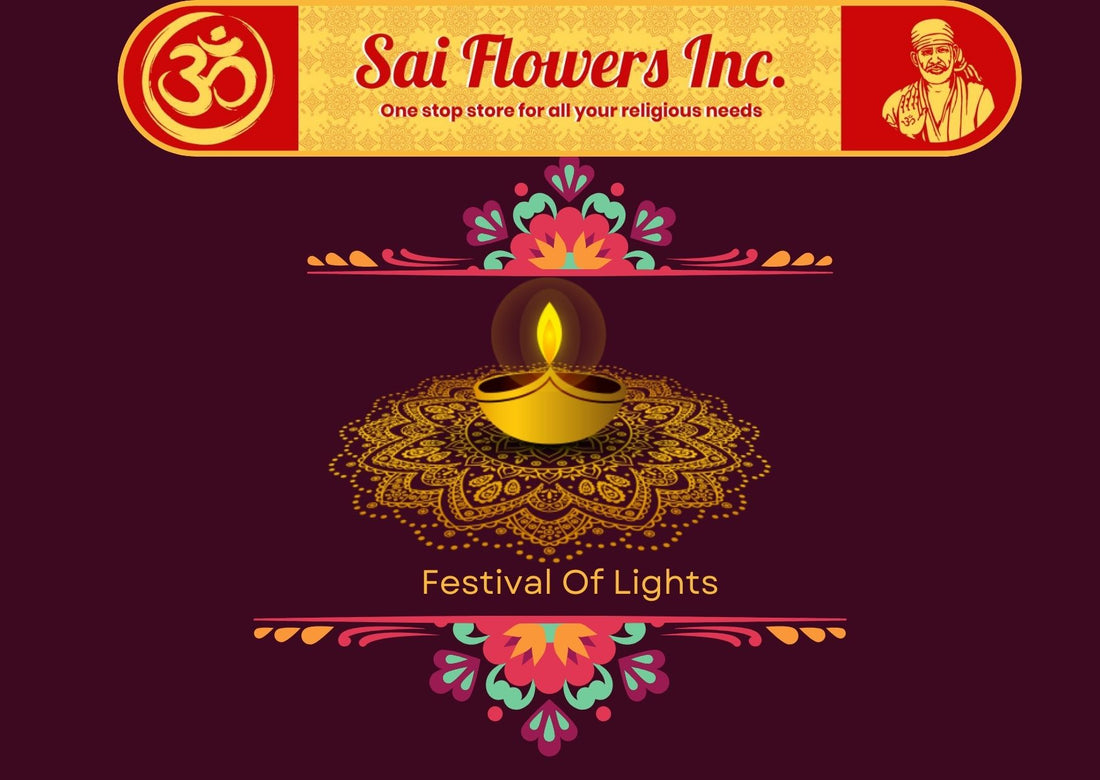
Story of Lord Rama:
A widely known tale connected to Diwali is the triumph of Lord Rama over the demon king Ravana and his return to Ayodhya following a 14-year banishment. Because the people of Ayodhya lit rows of lamps to welcome Rama and his wife Sita, Diwali is frequently called the "Festival of Lights." This tale represents the triumph of righteousness over immorality and the return of a cherished monarch.
Story of Lord Krishna:
Diwali is observed in certain regions of India to remember the day that Lord Krishna vanquished the demon Narakasura. Narakasura was a tyrant who is reported to have imprisoned thousands of women. Along with his consort Satyabhama, Lord Krishna vanquished Narakasura and freed the prisoners. To commemorate this victory over evil, people celebrate Diwali.
Story of Goddess Lakshmi:
Diwali is also observed as the day that the goddess of wealth and prosperity, Lakshmi, is supposed to pay a visit to tidy, well-lit homes. People clean and decorate their homes, light lamps, and carry out rituals to welcome her and ask for her blessings for wealth and prosperity.
Legend of King Bali:
Diwali is connected in some parts of the world to the tale of King Bali, a kind and giving king. In his Vamana avatar, Lord Vishnu aimed to gauge King Bali's humility and devotion. He went up to the king and requested three steps of land. Vamana took three steps to expand his form and cover the earth and the heavens after King Bali gave his approval. He drove King Bali into the underworld by doing this. The day King Bali was permitted to visit his subjects on earth again is known as Diwali.

